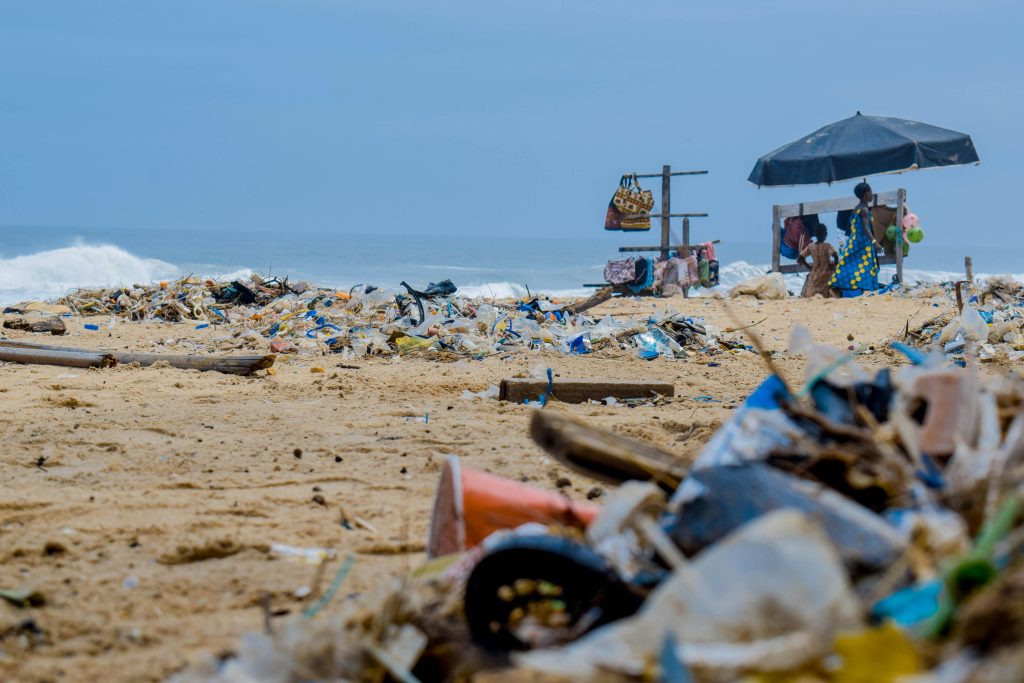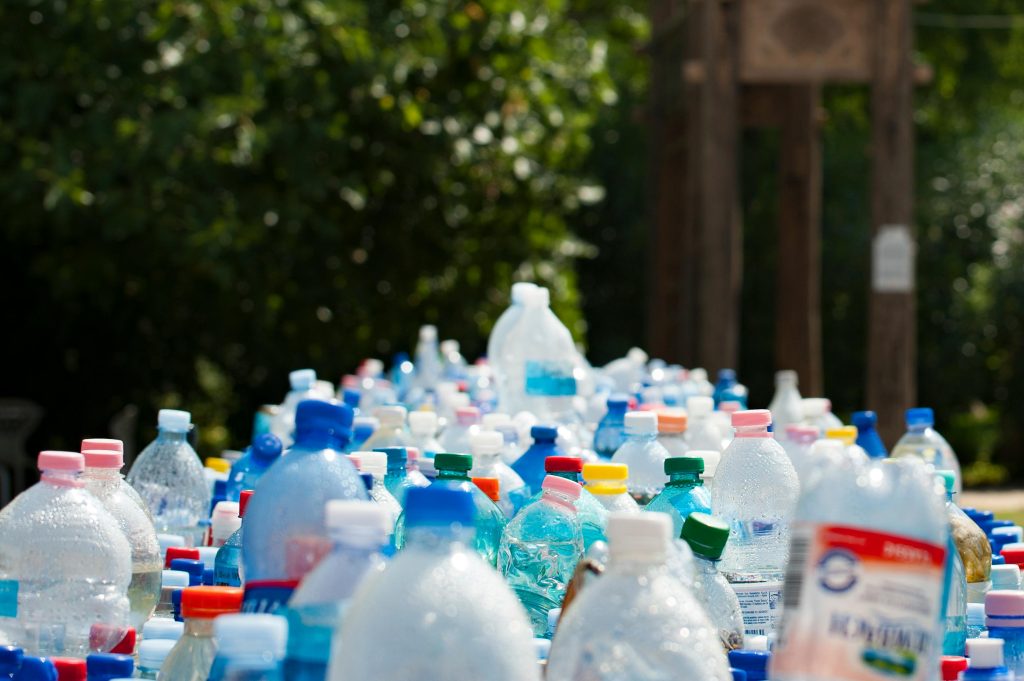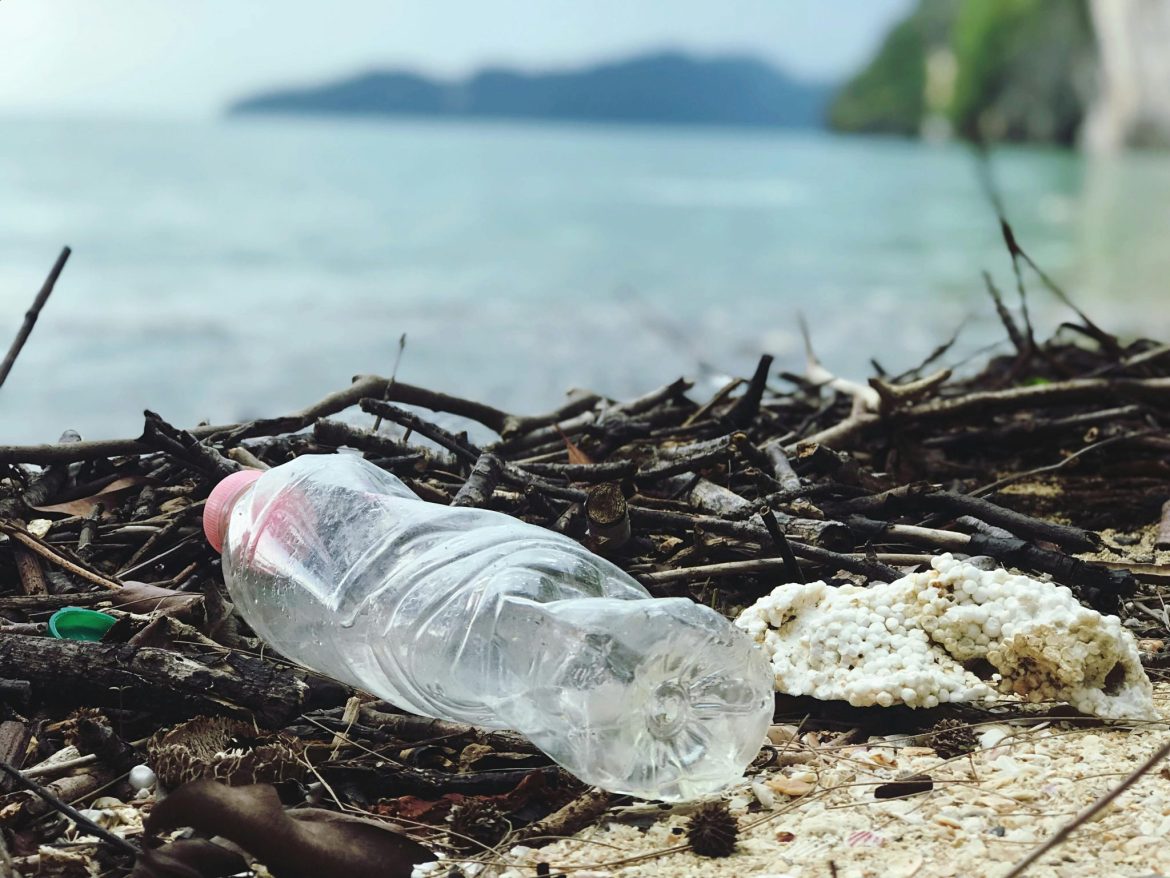Table of Contents
Plastic pollution has become one of the most pressing environmental challenges of our time, posing significant threats to ecosystems, wildlife, and human health. As plastic production and consumption have skyrocketed over the past century, so too has the accumulation of plastic waste in our oceans, landfills, and natural environments. This article explores the causes and consequences of plastic pollution, as well as the efforts being made to address this critical issue.
Causes of Plastic Pollution
Overreliance on Plastic
The widespread use of plastic in consumer products, packaging, and industrial applications has contributed to the exponential increase in plastic production. The durability and versatility of plastic make it a favored material in various sectors, from food packaging and electronics to construction and healthcare.
Single-Use Plastics
Single-use plastics, such as plastic bags, bottles, straws, and packaging, are a major contributor to plastic pollution. These items are designed for short-term convenience but often end up as litter in the environment due to improper disposal and inadequate recycling infrastructure.
Plastic Production and Waste Mismanagement
The production of plastic resins and polymers requires fossil fuels, contributing to greenhouse gas emissions and environmental degradation. Additionally, poor waste management practices, including inadequate recycling and disposal systems, result in large quantities of plastic waste entering rivers, oceans, and terrestrial ecosystems.

Effects of Plastic Pollution
Impact on Marine Life
Plastic pollution poses a grave threat to marine ecosystems and wildlife. Marine animals, such as seabirds, turtles, and marine mammals, mistake plastic debris for food or become entangled in plastic waste. Ingestion of plastics can cause internal injuries, blockages, and even death, disrupting marine food chains and ecosystems.
Environmental Degradation
Plastic pollution not only harms marine environments but also contaminates soil, freshwater sources, and terrestrial habitats. Plastic debris can leach harmful chemicals into the environment, endangering plant and animal species and compromising ecosystem health.
Human Health Risks
Plastics contain additives and chemicals, such as bisphenol A (BPA) and phthalates, which can leach into food, water, and air. These chemicals have been linked to adverse health effects in humans, including hormone disruption, reproductive issues, and increased risks of cancer and respiratory diseases.
Efforts to Address Plastic Pollution
Reduction Strategies
Governments, businesses, and communities are implementing measures to reduce plastic consumption and promote sustainable alternatives. Bans or restrictions on single-use plastics, such as plastic bags and straws, encourage the adoption of reusable alternatives and promote behavior change among consumers.
Recycling and Circular Economy
Improving recycling infrastructure and promoting a circular economy for plastics are essential strategies for reducing plastic waste. Recycling programs aim to collect, process, and reintegrate plastics into new products, reducing the demand for virgin plastics and minimizing environmental impacts.
Innovation in Materials and Packaging
Research and development efforts focus on developing biodegradable plastics, alternative materials, and innovative packaging solutions that are less harmful to the environment. Bio-based plastics derived from renewable sources offer promising alternatives to conventional plastics derived from fossil fuels.

Global Initiatives and Collaborations
International Agreements
Global initiatives, such as the United Nations Environment Programme’s (UNEP) Clean Seas campaign and the Basel Convention on the Control of Transboundary Movements of Hazardous Wastes, address plastic pollution through international cooperation and policy frameworks.
Corporate Responsibility
Businesses and industries are increasingly adopting corporate responsibility practices to minimize their plastic footprint. Initiatives include sustainable sourcing, eco-friendly packaging, and participation in industry-led initiatives to reduce plastic waste and promote recycling.
Public Awareness and Education
Raising awareness about the impacts of plastic pollution and promoting responsible consumption habits are crucial for fostering environmental stewardship. Educational campaigns, community outreach programs, and media initiatives empower individuals to make informed choices and take action against plastic pollution.

Conclusion
Plastic pollution is a complex and pervasive environmental issue that requires collective action at local, national, and global levels. By addressing the root causes of plastic pollution, improving waste management practices, promoting sustainable alternatives, and fostering innovation, we can mitigate the impacts of plastic pollution on ecosystems, wildlife, and human health. Together, through concerted efforts and collaboration, we can pave the way towards a cleaner, healthier planet where plastic pollution is minimized, and our natural environments thrive for generations to come.


